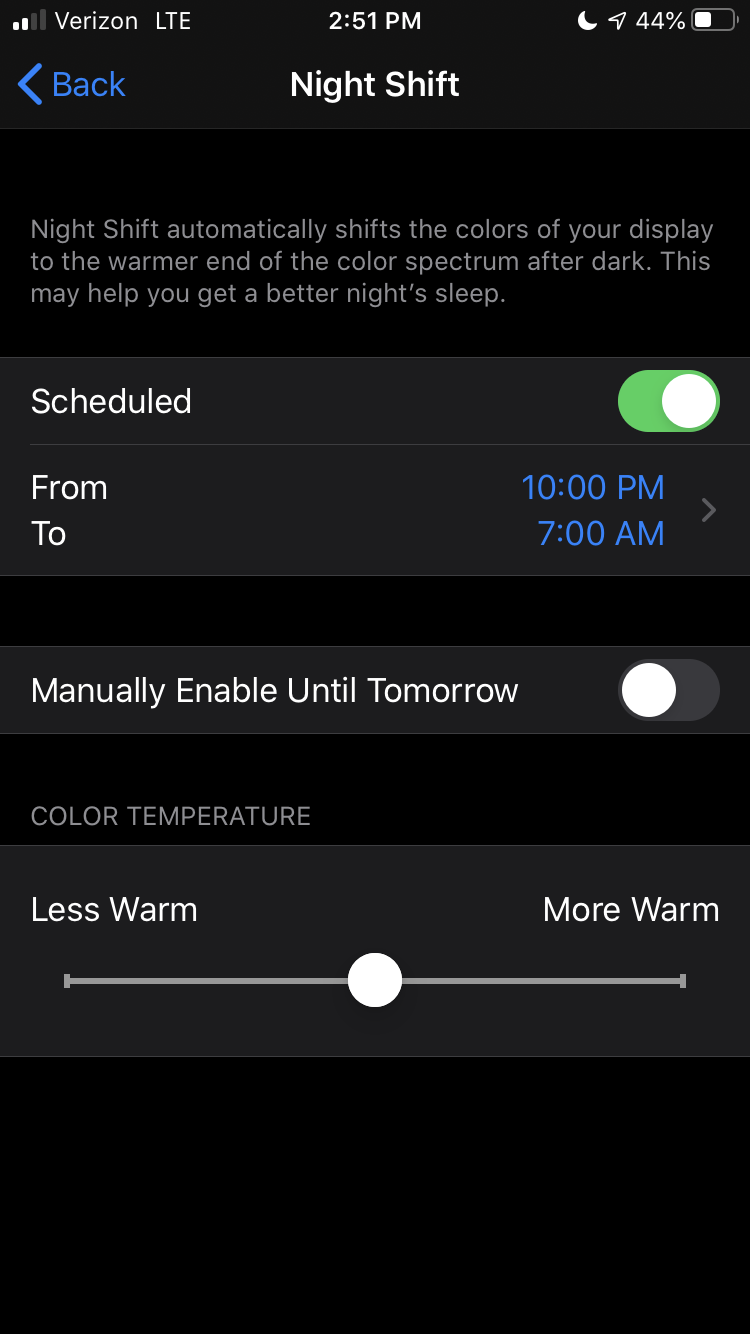LWHS is dealing with a two-pronged crisis from COVID-19. While the physical threat of contracting Covid-19 is tangible, the financial stresses of the quarantine, the quarantine intended to mitigate the devastation of the pandemic, is itself hard on our mental health. Many students anxiously await an end to the restrictions of life on lockdown because of the toll of social distancing on mental health.
The risk of getting COVID-19 in kids and teenagers is small overall, especially in the Bay Area. Although, the virus does affect both age groups and has recently been identified as the cause of a rare but serious inflammatory syndrome in children. Still, the potentially greatest impact on children and teenagers is emotional.
The social isolation of being quarantined, according to Ed Hundert, a psychiatrist at Harvard Medical School, may fuel anxiety and other mental health disorders. Social communities and activities often form a part of our respective identities, and it can be hard to lose connection with these supports,” he said. “Therefore, it is always important to look out for signs of drastic mood changes, negative thoughts, or emotions in both ourselves and others.”
A study conducted in 2004 by Canadian psychiatrist Laura Hawryluck focused on the effects of extended quarantine on 129 participants in Toronto. “Longer duration of quarantine was associated with an increased prevalence of PTSD symptoms. Acquaintance with or direct exposure to someone with a diagnosis of SARS was also associated with PTSD and depressive symptoms.” The effects should not be understated and taking an active approach toward mental health is essential.
Understanding these factors, LWHS has taken several steps to reduce the academic stress-loads of students. The length of each class was shortened from 90 to 75 minutes and the homework load reduced. The grading system has been overhauled for the fourth quarter.
But, a lot of Lick students are still considering how to deal with long-term social distancing with their friends. The Student Council instituted large Zoom class meetings and student election protocols in an attempt to create community events that feel like meetings and elections similar to the in-person events of other years.
For students who are feeling stressed or anxious, there are a few simple strategies that can help us get out from under the feelings of quarantine,” said Yuka Hachiuma, one of LWHS’s counselors. She emphasized the practice of “sleep hygiene,” which are practices and habits that promote nighttime sleep quality and full daytime alertness. This may include not drinking caffeinated beverages six to seven hours before bed or keeping a sleep schedule which is more similar to our school schedules.
Hachiuma highlighted the importance of not using your phone at least an hour before bed. “The blue light which is emitted by phone screens keep you awake,” she said, “and you can get into a vicious cycle where you look at your screens to try to fall asleep when they are actually keeping you awake.”
Hachiuma added that students could use a “night shift” function on iPhones, which can be found in settings under Display and Brightness. The warmer light allows your brain to fall asleep naturally.
She also underlined the need to go outside every day and to try to connect with your peers outside of class at least once a day using some form of technology. Hachiuma also recommended picking up a hobby, like cooking, which can be incorporated into a daily schedule. Generally, students should focus on “self-care” and take defined steps for the betterment of their mental health.
The key is to focus on the opportunities which this quarantine grants us in terms of exploring our own identities and what makes us feel whole. Even though the physical risks to high schoolers is limited, the mental implications of isolation are considerable.
The LWHS counselors can be contacted at yhachiuma@lwhs.org and nyoung@lwhs.org.







